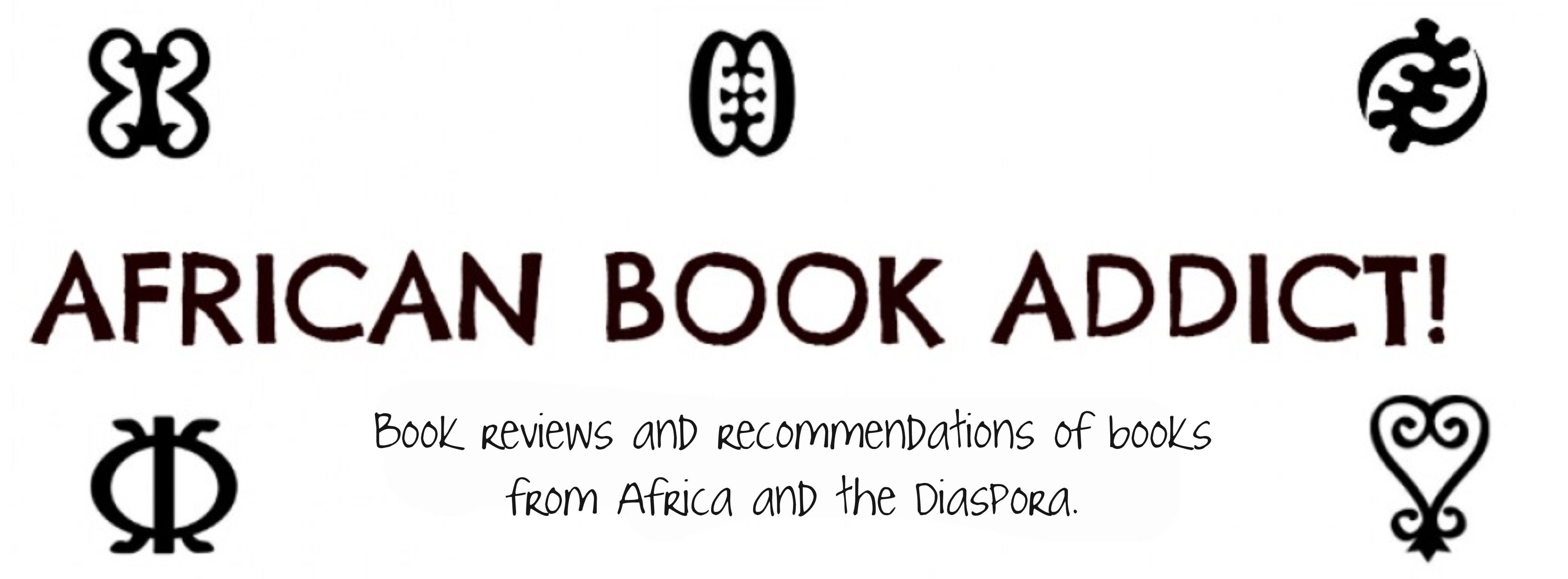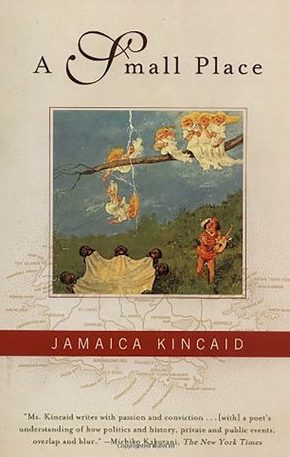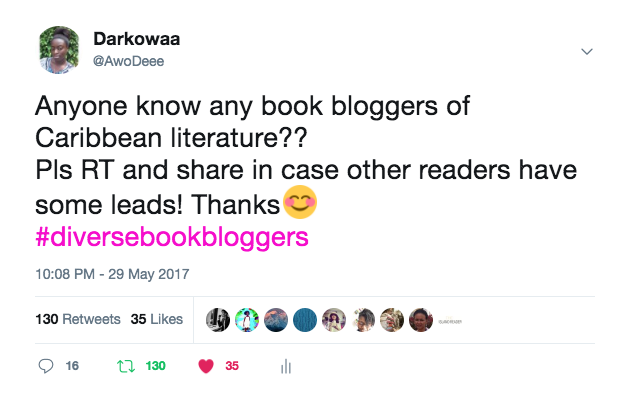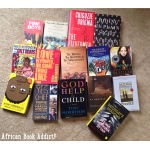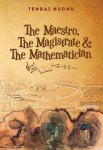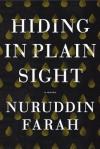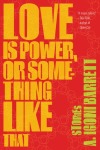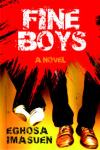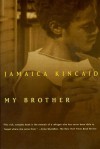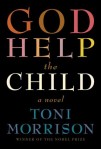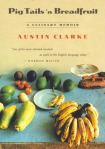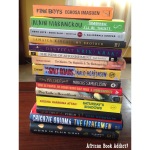Hey everyone!
Do you listen to music when you read? If you do, what kind of music goes well with the books you read?
I like many different genres of music – Neo-soul / Soul (think Raphael Saadiq, Georgia Muldrow, Jill Scott, Bilal, Erykah Badu, D’Angelo, Sade etc), Jazz (think Robert Glasper, Thelonious Monk, John Coltrane etc), Rap/Hip hop (think The Roots, J-Hus, Kendrick Lamar, A Tribe Called Quest, Noname, Sa-Ra, J Dilla etc), R&B (think Faith Evans, The Internet, Moonchild, Res, SZA, The Foreign Exchange etc), Highlife (think Ebo Taylor, Osibisa, Kwadwo Antwi), Afrobeats (think Wizkid, Tiwa Savage, R2Bees, KiDi, Davido, Simi), I could go on and on!

I prefer reading in silence, but when I listen to music while reading, I like to listen to music without any words (especially not Rap), just so the words being sung don’t jumble with the words I read. Music has always been a form of storytelling. I love vibing to the beats and rhythms of music, but once I pay close attention to the lyrics of a song, I’m opened up to a new world.
Lately I’ve been trying to figure out what songs or albums would go well with some of the great novels, short story collections, magazines, poems I’ve read in recent years. I asked Hakeem Adam (who’s knowledge in ALL things Black culture and the arts is vast!), the founder of Dandano – a Digital platform dedicated to the distilled love of African Film and Music, to help me pair some great songs and albums to great literature.
Enjoy our pairings below and stay tuned for Part 2!
-
Behold The Dreamers by Imbolo Mbue – Immigrant Chronicles by M.anifest & Green Card by Wanlov the Kubolor
The African immigrant story is dominant in 21st century African fiction, manifesting in different ways, but mostly pointing towards the American Dream. In Behold The Dreamers, Imbolo Mbue looks to center the disillusionment of the American Dream among African immigrants. The novel asks the dreamer to wake up and think of home.
Ghanaian rappers M.anifest and Wanlov the Kubolor were both dreamers and like the characters in Behold The Dreamers, they were also forced to think of home after being sold a dream. On both their debut albums, Immigrant Chronicles and Green Card, they chronicle such experiences.



Both albums speak strongly to the hefty emotional and psychological cost involved in buying into the American Dream. Smallest Time, off Green Card for instance, could easily make the score for the novel as the song oozes with a yearning for a familiar home. M.anifest also does similar on Coming To America on his album. Despite the glaring threads that link these works of art, what makes them perfect companions is how thematically they do try to present an honest perspective, without being irresponsible in those narratives – by Hakeem Adam, founder of Dandano.
Check out the book review for Behold the Dreamers
Listen to snippets of the debut albums for M.anifest’s Immigrant Chronicles & Wanlov’s Green Card
-
Period Pain by Kopano Matlwa – A Seat at the Table (more specifically the songs ‘Cranes in the Sky’ and ‘Weary’) by Solange


In Period Pain (the UK edition is called Evening Primrose), we follow Chaba – a junior doctor in South Africa who is struggling to work in under-resourced hospital conditions; but she’s also dealing with family troubles and her own health issues (severe menorrhagia, depression, sexual abuse) while trying to aid in the fight against xenophobia in the nation. South African writer – Kopano Matlwa’s writing in this superb novel reminded me of Solange’s songs Weary and Cranes in the Sky from the album, A Seat at the Table:
‘I’m weary of the ways of the world
Be weary of the ways of the world’
•
‘I tried to let go my lover
Thought if I was alone then maybe I could recover
To write it away or cry it away
Don’t you cry baby
Away’
While Period Pain may seem depressing with Chaba constantly feeling weary about her new life as a doctor, it’s actually a very humorous, enjoyable book! It was refreshing to be able to relate to Chaba’s experiences in the hospital, as some of them mirrored mine during my medical and surgery rotations at school. In the same vein, while Solange’s A Seat at the Table is an album that boldly speaks on the despair, self-care, fury and pride of Black folk in America (especially in the interludes), there is light and hope by the end of the album – by Darkowaa.

I read Period Pain back in January and will post the review soon!
Listen to A Seat at the Table
-
The Famished Road by Ben Okri – Water No Get Enemy by Fela Kuti
Ben Okri’s The Famished Road is a bewitchingly brilliant novel, blurring the spiritual boundary of African realities. Very few pieces of music can touch it terms of stylistic and thematic quality, but Fela Kuti’s Water No Get Enemy comes close.


With rousing horns complementing the temperate drum loops and eerie mellow piano scales, the song feels mystical in its energy yet, it’s one of the few calm cuts from Fela’s discography. The lengthy instrumental intro is also a great way to set the mood as you wade into The Famished Road. Fela’s verse at the tail of the song about the power of water seems to mirror the power shown by Azaro, the spirit child in Ben Okri book – by Hakeem Adam, founder of Dandano.
Vibe out to Uncle Fela’s Water No Get Enemy
-
A Small Place by Jamaica Kincaid – Sor (more specifically the song ‘Afro Aid Problem’) by Kyekyeku
A Small Place is an important book and a wake up call. It reveals a lot of truth, exposes the unsatisfactory leadership of her native island (well, I don’t know if the government of Antigua has changed much today) and ties all the complex issues Antigua faces to our imperfect human nature.





Kincaid’s small book pairs excellently with the song, Afro Aid Problem from the album Sor, by my favorite Ghanaian highlife & folk artist – Kyekyeku. Kyekyeku playfully laments over the many economic problems we Africans face, over harmonious sounds of trumpets, guitar strings, bass guitar, the keyboard & background vocals from his band – by Darkowaa.
‘They take your money and give it back to you and then they call it aid.
They take your money and give it back to you and then they call it grant.
Calculate the money, non-refundable.
Visa processing fee, non-refundable’

Check out the book review for A Small Place
Listen to Kyekyeku’s Afro Aid Problem
-
Ghana Must Go by Taiye Selasi – Afropolitan Dreams by Blitz the Ambassador
The concept of an ‘Afropolitan’ is not without its flaws. In some sense, it represents the idea of floating in no definite space with not a single identity as an African. In Ghana Must Go, Taiye Selasi uses certain characters to expand on this philosophy of ‘Afropolitanism,’ which she herself practices.



On Afropolitan Dreams by Blitz the Ambassador, he attempts to construct a scope of the range of sonic identities that an ‘Afropolitan’ can identify with. Blitz takes you through his experiences between Africa and the diasporas showing how his African identity can manifest in different ways. In some ways, this album could be a loosely-knit b-side to Ghana Must Go, presenting you with the thoughts and emotions that Taiye Selasi and her characters do not speak of directly – by Hakeem Adam, founder of Dandano.

Listen to Blitz the Ambassador’s Afropolitan Dreams
What are some of your favorite book-music pairings?
Stay tuned for Part 2 of Book-Music Pairings feat. Dandano!
